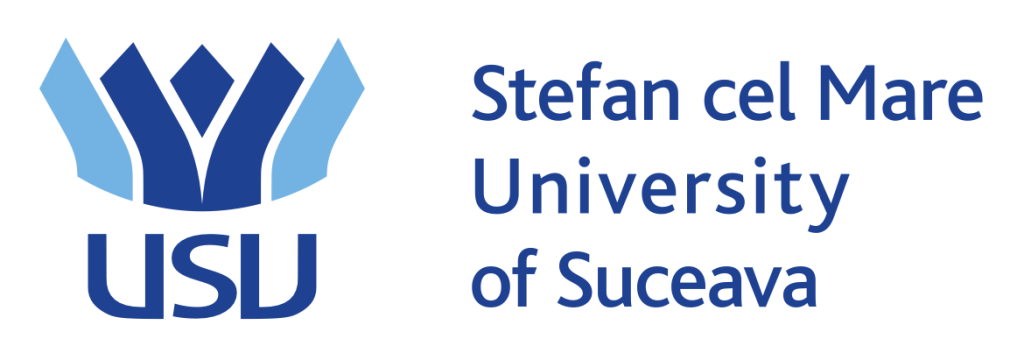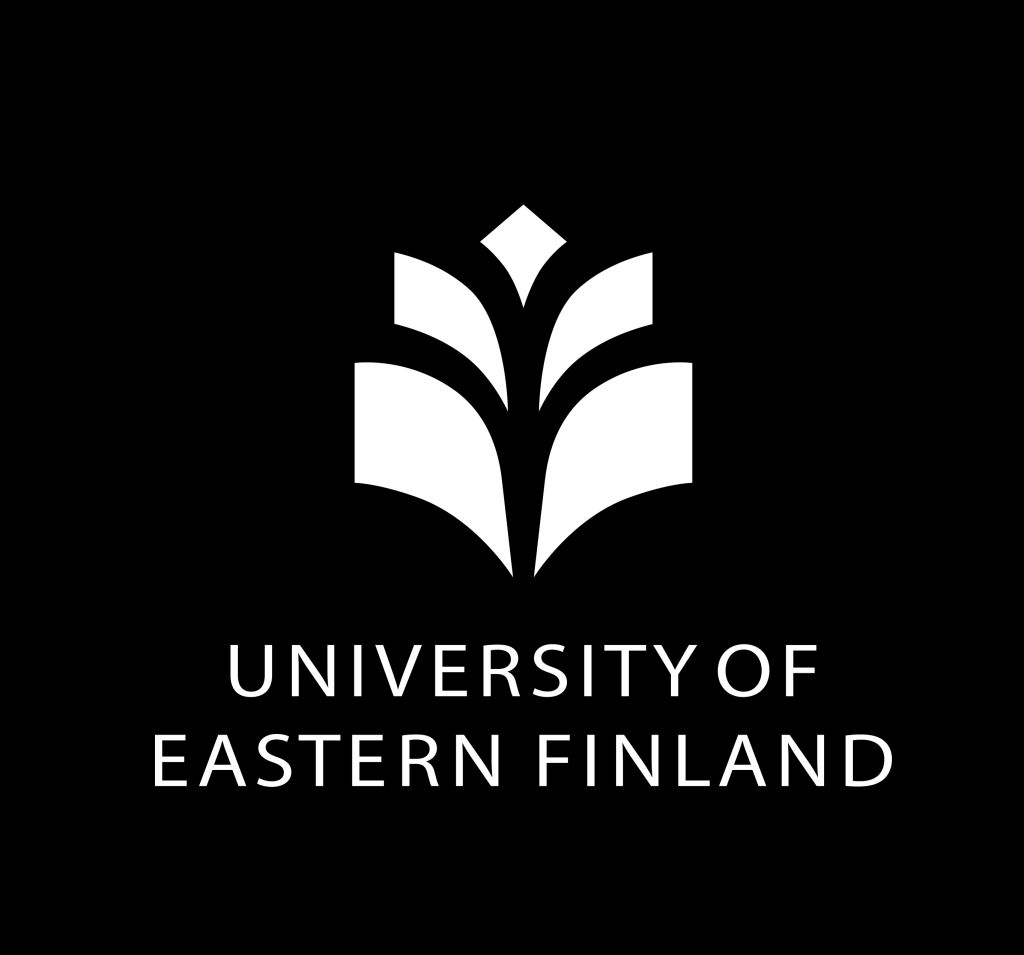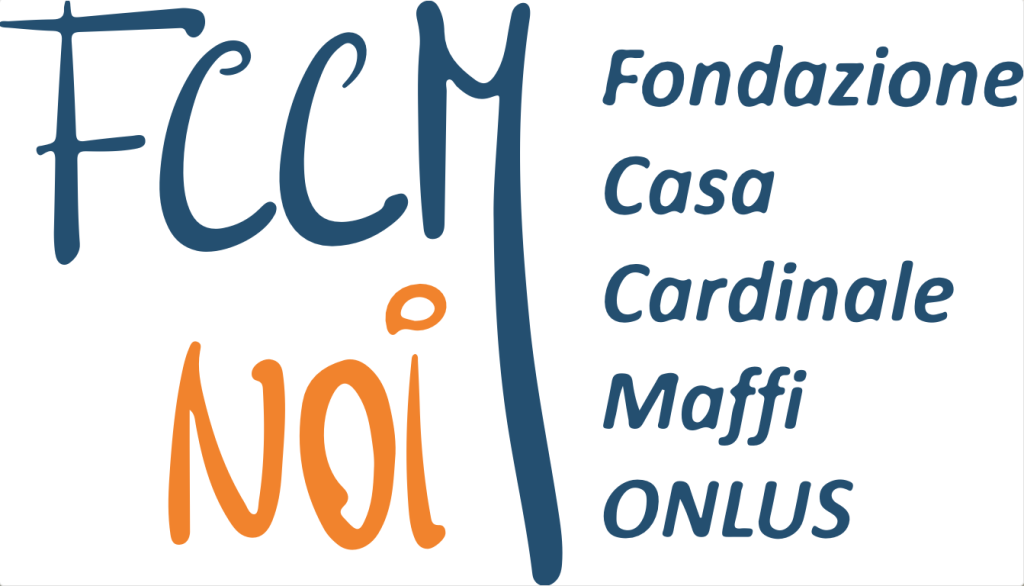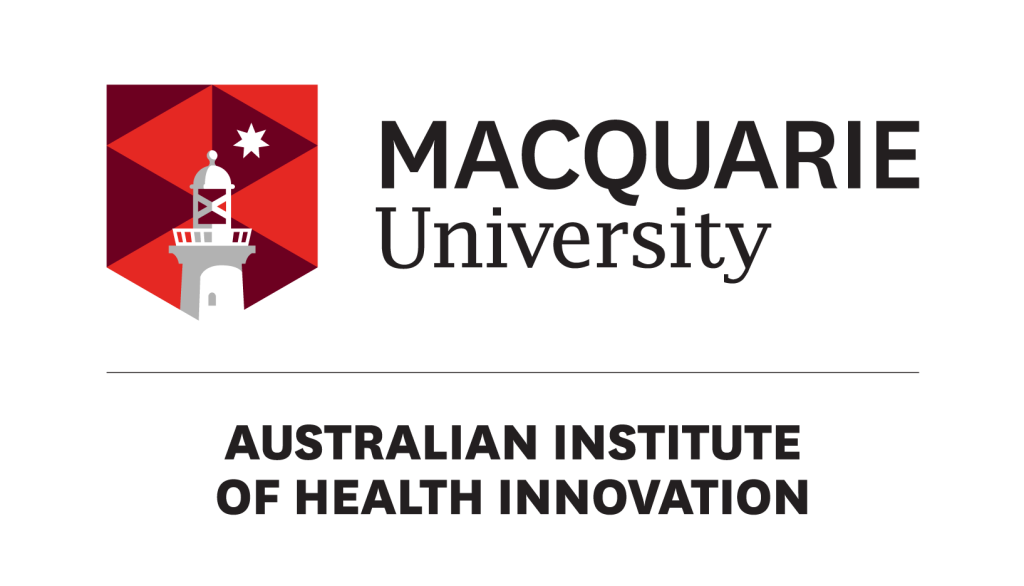Partnership

Partners

Universitetet i Stavanger
Lead partner
The Centre for Resilience in Healthcare (SHARE) at the University of Stavanger, established in 2017 within The Faculty of Health Sciences, is a leading research group in Norway focused on quality and safety in healthcare.

European Forum for Primary Care
The European Forum for Primary Care was initiated in early 2005 by a group of interested parties from several countries. The EFPC aims to improve the population’s health by promoting strong Primary Care.

Universitatea Stefan Cel Mare Din Suceava
The Faculty of Medicine and Biological Sciences at the Stefan cel Mare University of Suceava (USV) is the youngest of the 11 schools in our university.

Erasmus Universiteit Rotterdam
Erasmus School of Health Policy & Management (ESHPM) of Erasmus University Rotterdam is leading in the Netherlands with its educational and research activities targeted at policy and management issues in health care.
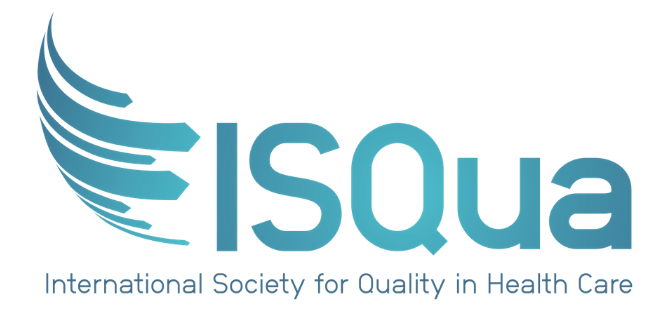
International Society for Quality in Health Care CLG
The International Society for Quality in Health Care (ISQua) is a member-based, not-for-profit community and organisation dedicated to promoting quality improvement in health care.
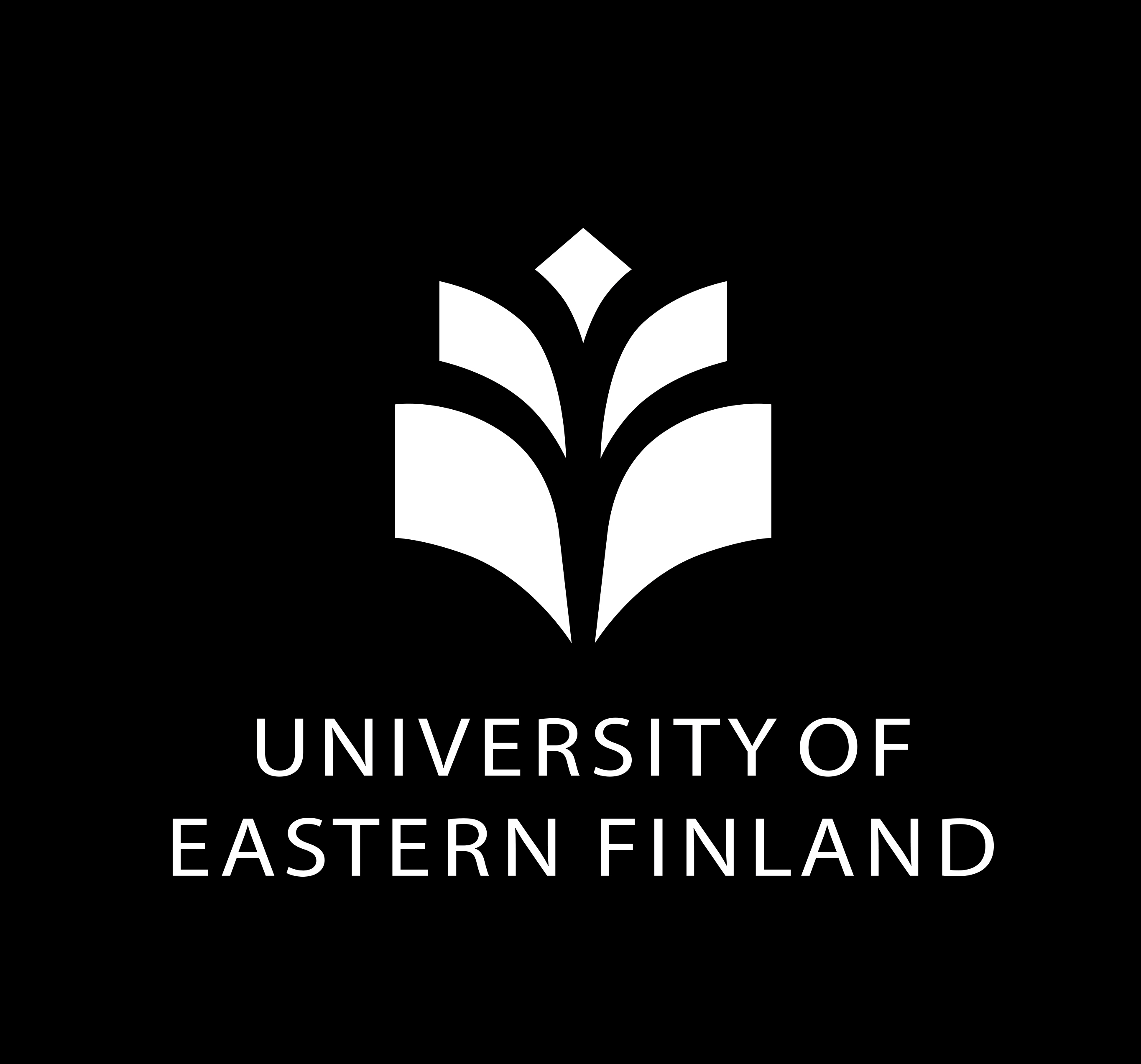
University of Eastern Finland
Health economics research group at the University of Eastern Finland is the largest group in this field in Finland.

Universitat Jaume I De Castellón
Jaume I University (Spanish: Universidad Jaime I) is a university in the city of Castelló de la Plana, Valencian Community, Spain.

Fundación Universitat Jaume I-Empresa
The Fundación Universitat Jaume I-Empresa (FUE-UJI) specializes in innovative communication and dissemination of European projects.

Turun Ammattikorkeakoulu Oy
The Mental Health Promotion research group at Turku University of Applied Sciences comprises numerous vocational experts.
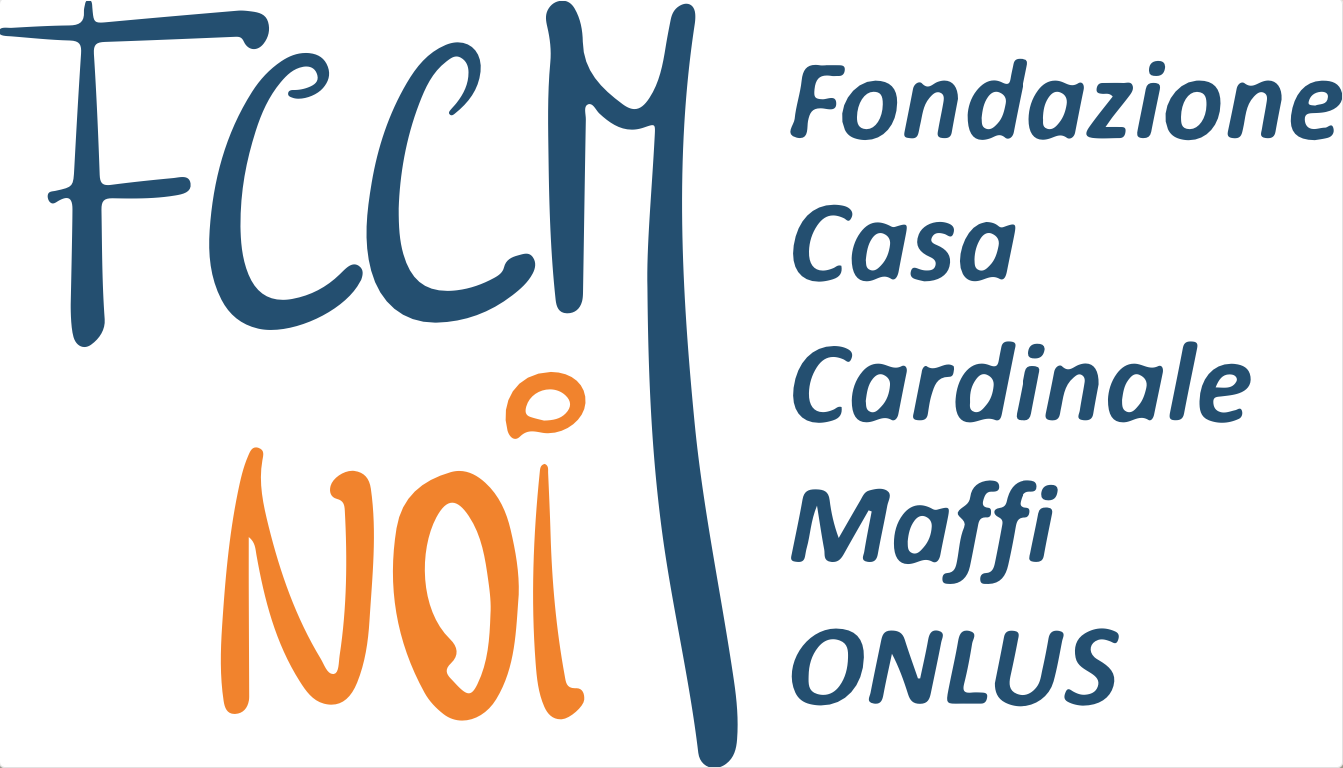
Fondazione Casa Cardinale Maffi Onlus
FCCM is a not-for-profit Italian organization, born in 1948, providing long term care to about 500 people, living in the 8 venues FCCM is composed of.
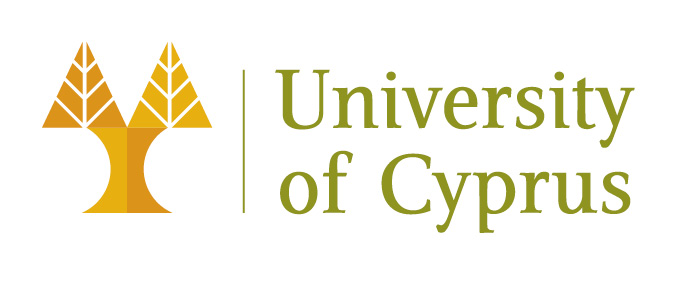
University of Cyprus
The University of Cyprus (UCY) is a young and rapidly expanding university (established in 1989).

Scuola Superiore Di Studi Universitari E Di Perfezionamento S Anna
Sant’Anna School of Advanced Studies (SSSA) is a public university institute with special autonomy that works in applied sciences.

Norges Teknisk-Naturvitenskapelige Universitet
The Department of Health Sciences in Gjøvik is structured around a diverse array of healthcare education programs.
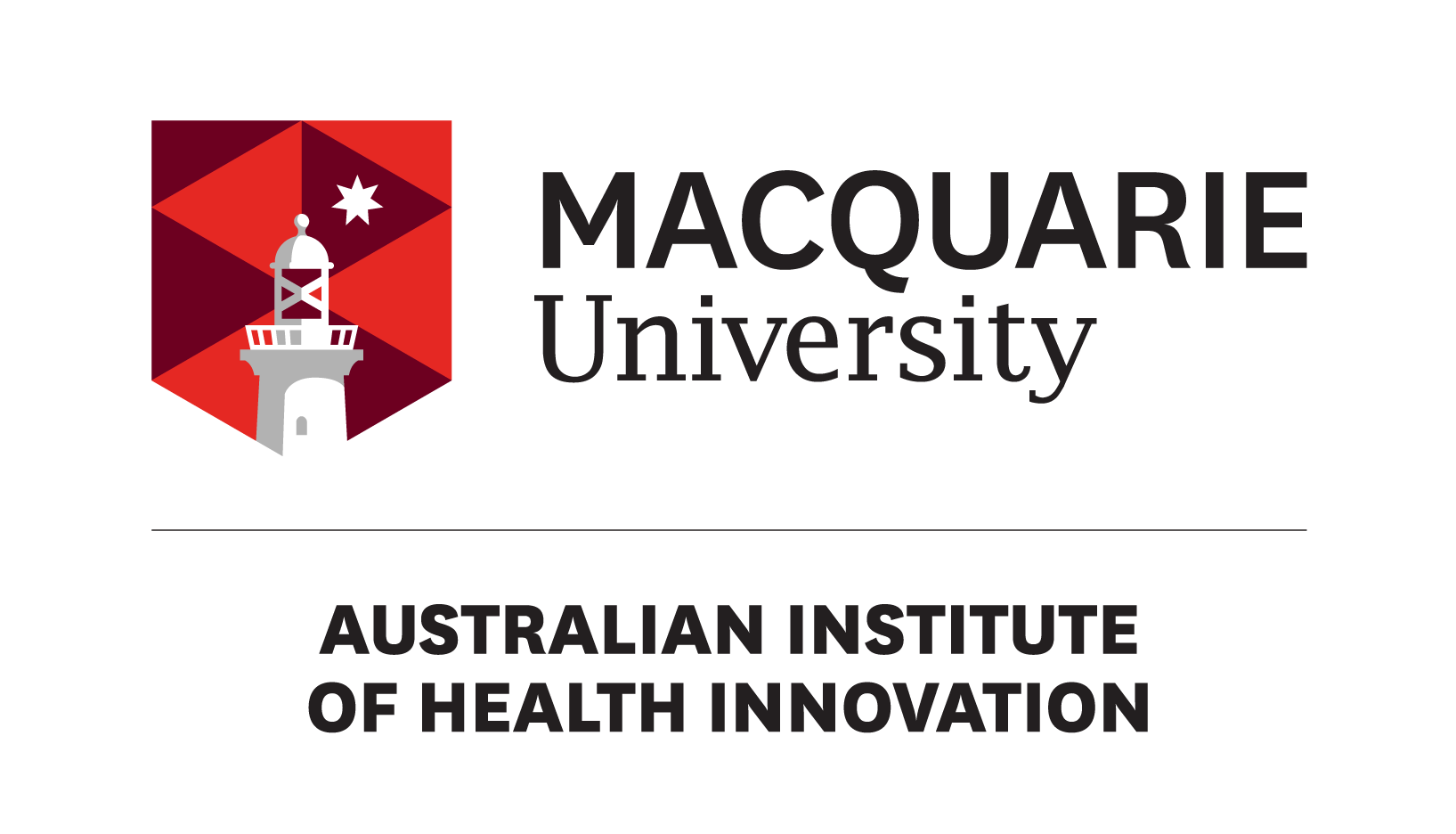
Australian Institute of Health Innovation, Macquarie University
The Australian Institute of Health Innovation (AIHI) is a research-intensive institute located at Macquarie University, Sydney.

